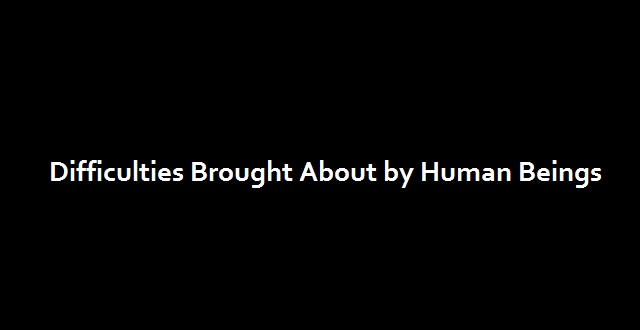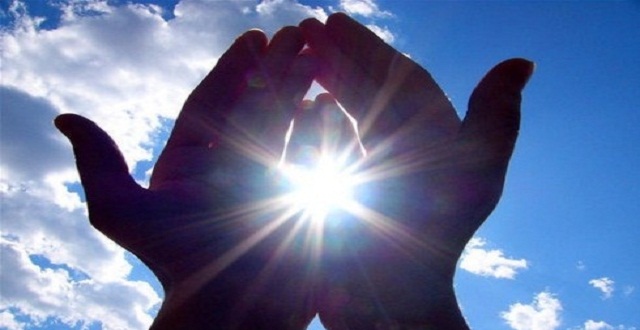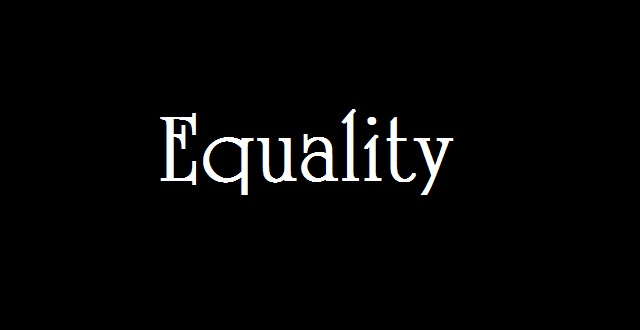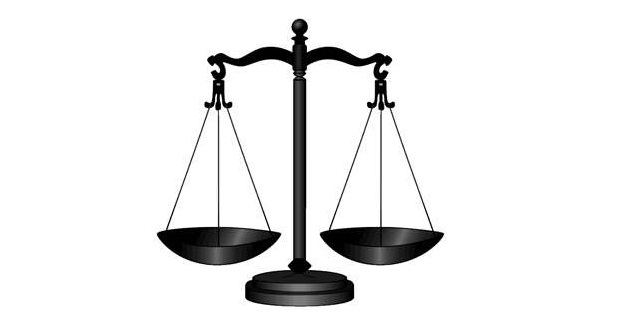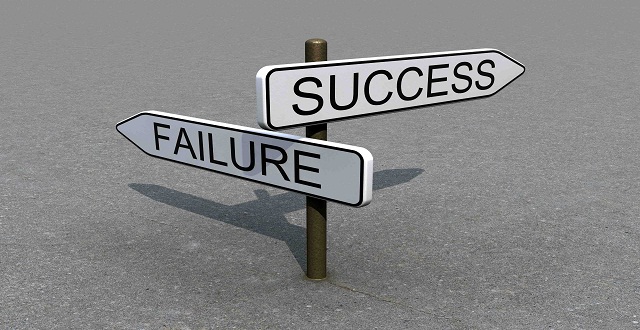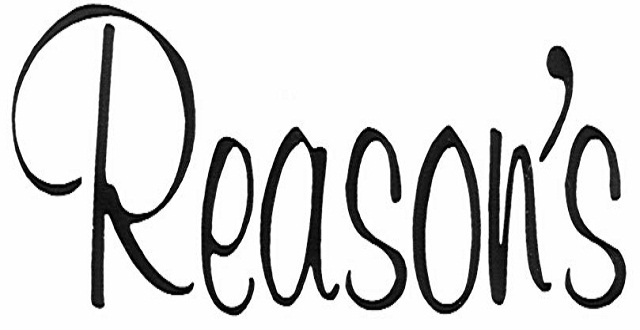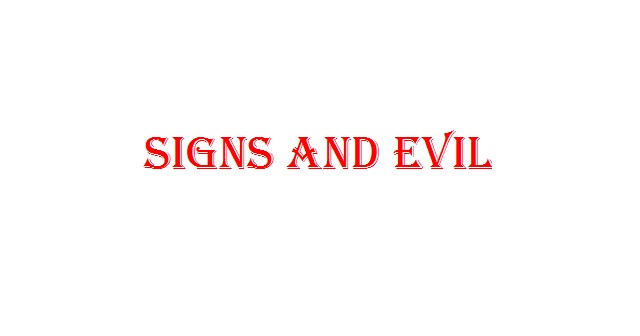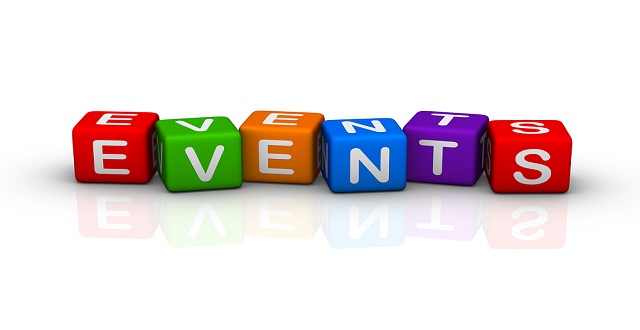
One of the issues which is directly related to the issue of the justice of the Creator, is the question of predestination or free will.
According to the fatalists (those who believe in predestination), a human being has no choice whatever in his or her acts, behavior or words and the movements of his organs are just like the predestined movements of tile parts of a machine.
Thus, this question arises, how does this opinion relate to Divine Justice? And perhaps because of this, the group of the Asharites — the group we previously mentioned, who deny intellectual good and evil — have accepted predestination and deny justice. Why? Because when one accepts predestination, justice makes no sense.
In order to further clarify this point, we are obliged to study several subjects with care:
1. The Roots of the Belief in Predestination
All people within their being sense that they are free to make decisions. For example, whether or not to give a loan to such and such a friend or that one drinks a glass of water placed before one, if one so desires or does not drink it or if another person commits an error in relation to this person, this second person can forgive or not forgive the error or that everyone distinguishes a hand which shakes because of illness or old age from a hand which one purposefully causes to shake.
In spite of the fact that the issue of free will is a general human sense, why do some people follow the school of the fatalists?
Of course, there are several important reasons which we shall recall here and they are that a human being sees that an environment has an effect upon another person, education is another, propaganda and social culture also, without doubt, affect the thoughts and spirit of a person.
Sometimes, even, one’s economic position can provide a motive for movement in a human being and one cannot deny a factor.
The totality of these cause one to assume that a person does not have free will, but rather that the external and internal factors join hands and force us to make a decision and that if these factors did not exist, we would not be faced with these problems.
These are things which can be called ‘the environmental determinants’, ‘economic determinants’, ‘educational determinants’ and predestination are among the factors considered to be important by the school of fatalists.
2. The Main Error of the Fatalists
But those who think this way have forgotten an important point and it is that the discussion is not about motives and defective causes; the discussion is about complete causes.
In other words, no one can deny the role played by the environment, culture and economics in the thoughts and acts of a human being. The discussion is that with all of these motives, the final decision still remains with us.
Because we clearly sense that even in an erroneous system, one which rebels against God’s Commands like the monarchial system of the past, which had laid the groundwork for deviation, we were not obliged to deviate and to go to the centers of corruption.
Thus, one must distinguish between and separate out bases and complete causes. Because of this, a great many people who live in comfort or have been nurtured in a deviated culture or they inherited unsuitability, at any rate, have separated their way from that of others, and have either arisen or revolted against that environment, if every human being was supposed to be the child of his or her environment, culture and propagation of the times, no real or basic revolution would ever take place in the world, every one would have to adapt to his or her environment, and never build a new one.
All of these show that the above mentioned factors do not make one’s destiny, they are only bases; one’s principle or main fate is determined by one’s own will power.
This is exactly as if we were to decide on a very hot summer day to fast according to God’s Commands, all of our body needs water while it is possible that in order to obey God, we ignore all of this whereas it is possible others follow this request and not fast. Thus, all motives which cause one’s destiny exist within the human being’s free will.
3. The Social and Political Factors of the School of Fatalism
The truth is that the issue of predestination and free will throughout history has been misused. A series of predestined factors have increased the belief in fatalism and the denial of free will of the human being. Among them:
a) Political Factors
Many of the despotic and selfish politicians in order to extinguish the fire of revolution among the deprived, in order to assure the continuation of their illegal rule (for every rule or regime which oppresses the people and denies people their rights is illegal from the point of view of Islam), convince the people through all the means available to them, that they have no free will, that predestination and predetermination of history holds our destiny in its hands. If one group rules and another is ruled, this is a rule of fate and destiny of history!
It is clear how this kind of thinking can narcotize people and aids the policies of colonialism whereas according to our intellect and our Divine Law, our destiny and fate lies in our own hands and fate and destiny in the sense of predestination and predetermination does not exist. Divine fate and destiny is determined through our movements, desires, will-power, faith, efforts and endeavors we make.
b) Psychological Factors: Lazyness and Indifference
Lazy, indifferent and lethargic individuals exist who most often meet up with defeat in life and they never desire to admit this bitter truth that their laziness or errors have caused their defeat.
Thus, in order to avoid confronting themselves with the deficiencies and developing themselves into better people, they turn to fatalism and they think that their sin is a result of coercive fate so that in this way they can find a false ‘sense of security’.
They say, “What can be done? We were blackened from the beginning. It. will not be whitened even with the water of Zamzam or Kawthar. We are extremely talented and make great efforts, but unfortunately, we have no luck.”
c) Social Factors
Some people want to be free to be able to follow their carnal desires and every sin which is to their liking they want to commit and, at the same time, somehow convince themselves that they are not sinners and deceive society that they are sinless!
It is here that they turn to fatalism and their carnal desires with the justification that we have no free will to choose not to do these things. But they well know that all of these are lies and even those who make such claims and raise such issues know that they are baseless but their pleasures and passing fantasies do not allow them to admit this truth.
Thus, in order to build a healthy society, we must struggle against this fatalist way of thinking, belief in one’s coercive destiny which are tools used in the hands of colonialism and exploitation and an instrument to deceitfully justify defeat and the factor which causes corruption to progress in a society.
Think and Answer
1. What is the difference between the schools of fatalism and free will?
2. What causes one to choose fatalism?
3. What answer can you give to the effects of environment, culture and heritage?
4. What are the political, psychological and social factors which cause an extension in the beliefs of fatalism?
5. What position should we take when confronted by these factors?

